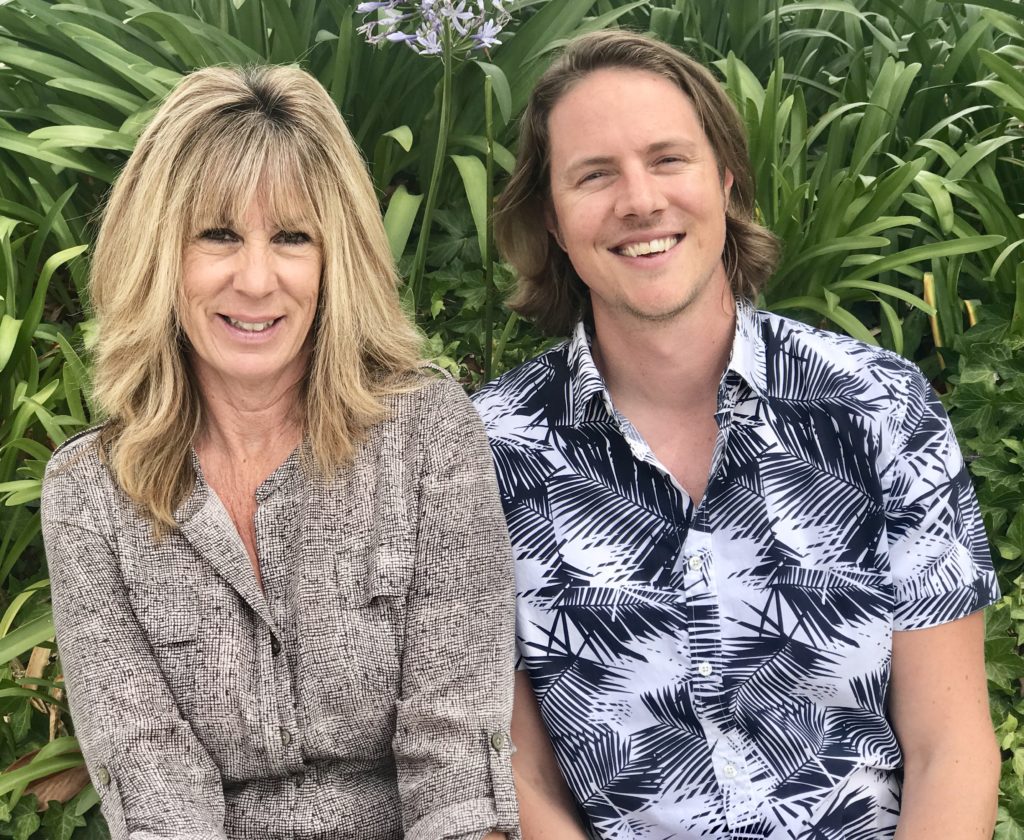When negotiations for their latest contract began earlier this year in the City of South San Francisco, Teamsters 856 members knew they could face an employer that would try to force concessions. Rather than backing down, members went into bargaining strong and were able to negotiate two contracts they could be proud of.

Eileen Deasy and Tony Rozzi — Eileen was a member of the confidential employees negotiating team and Tony was a member of the mid-management negotiating team
Not only were members able to stop any concessions, negotiate wage increases every year for three years and maintain their healthcare costs, they were able to win pay for standby workers for the first time, bilingual pay, vacation cash out, and more money for professional development. And they were able to come to an agreement before August, when their previous contract was set to expire.
Teamsters 856 represents two units in the city, and negotiations began and ran concurrently for a new contract for each unit.
“CalPERS recently reduced its rate of return and is pushing the increased cost of funding benefits promised to retirees down to the cities,” said Linda Shipley, a Teamsters 856 staff attorney who served as chief negotiator. “Cities are looking for ways to come up with funds to pay for the increased contributions. Coming into negotiations we expected the city to ask our members to pay a larger share of CalPERS and health benefits. We were thrilled to end up with a contract where our members received a wage increase and were not required to contribute additional money to CalPERS or healthcare.”
Members of both the confidential employee negotiating team and the mid-management negotiating team say that negotiations were a positive experience with both members and the employer working together to hammer out a fair contract. This collaboration came after tough negotiations the last time around.
“This time the MOU was done by the HR director and her staff rather than an outside negotiator,” said Tony Rozzi, a mid-management negotiations team member and senior planner in the city’s Economic and Community Development Department. “I think it was honest, respectful, and collaborative. Given the liabilities the city has forecasted over the next five to eight years related to retirement, they were pretty fair in not changing benefits.”
“It went a lot faster, and I thought it was good,” said Eileen Deasy, who has worked for the city for 34 years, and has served on several confidential employees’ negotiations teams during her time there. “We weren’t going on for months and months. There was no negativity. It was a fairly positive experience and we worked really well together.”
For members, these negotiations and the resulting contract, represent the work that has been done to foster a good relationship between management and employees. Conflict and contention in the past led to work between both workers and the employer to improve relations. Rather than weakness, that conflict begat collaboration which begat a contract of which both parties can be proud.
“The Union and the city have worked hard over the last two years to work through differences and build trust between the parties,” said Linda. “This improved relationship resulted in smoother negotiations and better contracts for our members.”
In the end, the two bargaining teams went into negotiations strong, and were able to collaborate and work hard for a good contract that benefits all members.
